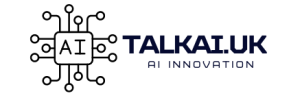The impact of Artificial Intelligence (AI) and disruptive technologies is far-reaching, touching virtually every industry and revolutionizing how we think about innovation, efficiency, and value creation. In this article, we will explore how AI and other disruptive technologies are transforming various industries, creating new opportunities, and redefining the competitive landscape.
What are AI and Disruptive Technologies?
AI refers to the simulation of human intelligence in machines, enabling them to perform tasks that typically require human intelligence. Disruptive technologies are innovations that significantly alter or revolutionize industries and markets.
Impact Across Industries
Healthcare: Personalized Medicine and Diagnosis
AI algorithms can analyze complex medical data to identify patterns and predictions that humans may overlook. Personalized treatment plans, early diagnosis, and robotic surgeries are just a few examples of how AI is transforming healthcare.
Finance: Automated Trading and Risk Management
AI-driven algorithms in finance are facilitating automated trading, real-time risk management, and personalized banking services. These innovations are making the industry more responsive and customer-centric.
Manufacturing: Smart Automation and Predictive Maintenance
AI-powered automation and IoT devices are ushering in a new era of manufacturing efficiency. Predictive maintenance, real-time monitoring, and smart automation are optimizing production lines and reducing downtime.
Retail: Personalized Shopping Experiences
AI is reshaping the retail landscape by enabling personalized recommendations and virtual try-on experiences. This personalized approach enhances customer satisfaction and increases sales.
Transportation: Autonomous Vehicles and Smart Traffic Management
From self-driving cars to smart traffic management systems, AI is revolutionizing transportation. These technologies reduce human error, increase efficiency, and create a more seamless transportation experience.
Agriculture: Precision Farming and Crop Monitoring
AI in agriculture enables precision farming, where data-driven insights help farmers make informed decisions. This technology is enhancing crop yields and promoting sustainable farming practices.
Challenges and Ethical Considerations
While AI and disruptive technologies offer immense benefits, they also present challenges and ethical considerations:
- Data Privacy and Security: With the increasing reliance on data, ensuring privacy and security becomes paramount.
- Job Displacement: Automation and AI could lead to job displacement in some sectors, raising concerns about workforce adaptation.
- Bias and Discrimination: AI algorithms may inadvertently perpetuate biases, leading to potential discrimination in areas like hiring or lending.
Future Prospects and Considerations
The future of AI and disruptive technologies is full of potential but requires thoughtful consideration and planning:
- Interdisciplinary Collaboration: Success in implementing AI requires collaboration across various disciplines, from technology to human behavior.
- Regulatory Alignment: Governments and industries must work together to create regulations that foster innovation while ensuring ethical practices.
- Continued Education and Workforce Development: Preparing the workforce for the changes that AI brings is crucial for sustained growth and adaptation.
Conclusion
AI and disruptive technologies are not merely trends; they are fundamental shifts that are revolutionizing industries across the globe. From healthcare and finance to agriculture and retail, the applications are vast, transformative, and here to stay.
While the opportunities are immense, the challenges and ethical considerations must be thoughtfully addressed to ensure that these technologies are harnessed responsibly. Collaborative efforts among governments, industries, and educational institutions will be vital in shaping a future where AI and disruptive technologies continue to drive innovation and growth, but in a manner that aligns with societal values and norms.
In a world of rapid technological advancement, those who embrace and adapt to these revolutionary technologies will be the leaders of the new industrial era. The revolution is not just coming; it’s already here.



